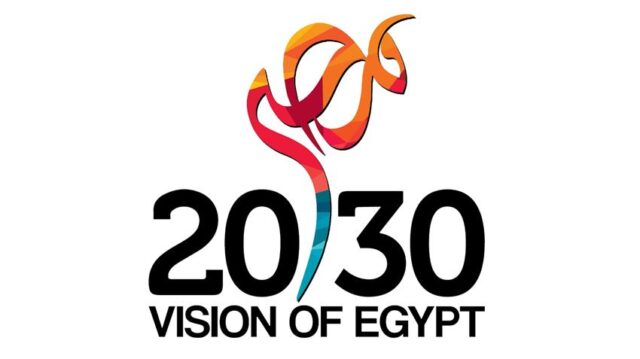Egypt launches new hydrogen incentives
By Oscar Pearce on April 04, 2024

Click to learn more. The Green Hydrogen Incentives Law is hoped to be the catalyst of a rapid expansion of green hydrogen projects in Egypt, as part of the “Vision 2030” strategy. Source: Egyptian Presidency.
The Egyptian Parliament has ratified a suite of incentives for green hydrogen producers, intending to carve out a place in the emerging export market. The incentives aim to foster an attractive investment climate in Egypt through tax concessions and administrative streamlining.
In the context of the RePowerEU hydrogen import target of 10 million tonnes by 2030, Egypt is well-located to play a leading role in meeting that demand. It will face competition, however, from nations with similar schemes, including Oman.
The hydrogen incentives package
Conscious of barriers to investment in the nascent renewable hydrogen industry, the Egyptian incentive scheme seeks to smooth the path for new projects.
This begins with significant financial concessions. Projects will be eligible for a rebate of 33-55% of taxes paid on income generated, as well as exemptions from VAT on inputs, export VAT, real estate taxes, and other fees. Projects will also be granted a 25% discount on usufructuary rights (i.e., the industrial land used by the projects) and a 20% discount on storage rights.
In addition to financial incentives, the package will seek to reduce administrative barriers to entry. The approval process for renewable hydrogen projects will be streamlined to a single certificate issued by the Egyptian Government, and producers will be permitted to use foreign employees for up to 30% of their workforce.
To be eligible for these incentives, projects must be at least 70% foreign-funded, commence within 5 years, and use at least 20% locally sourced inputs. Eligible projects are not limited to the actual production of renewable hydrogen either. Other projects upstream or downstream of hydrogen production are also eligible, including desalination plants built to supply water for use in electrolysis.
Competitive landscape
This announcement is just the latest example of countries jockeying for a prime position in the global hydrogen export market. From Australia to Namibia to India, Egypt is not alone in pursuing a first-mover advantage. Indeed, an important regional competitor will be Oman, who launched similar incentives in 2022. Egypt holds the advantage of immediate access to the Mediterranean and thus the European market, but Oman’s scheme provides lucrative incentives. These include 47-year land concessions and similar fee waivers. It remains to be seen precisely what effect these competing incentive schemes have on the market at large, but they are important examples of governments seeking to kickstart the expansion of low-carbon hydrogen.
You can read the full details of the scheme here via Lexology.